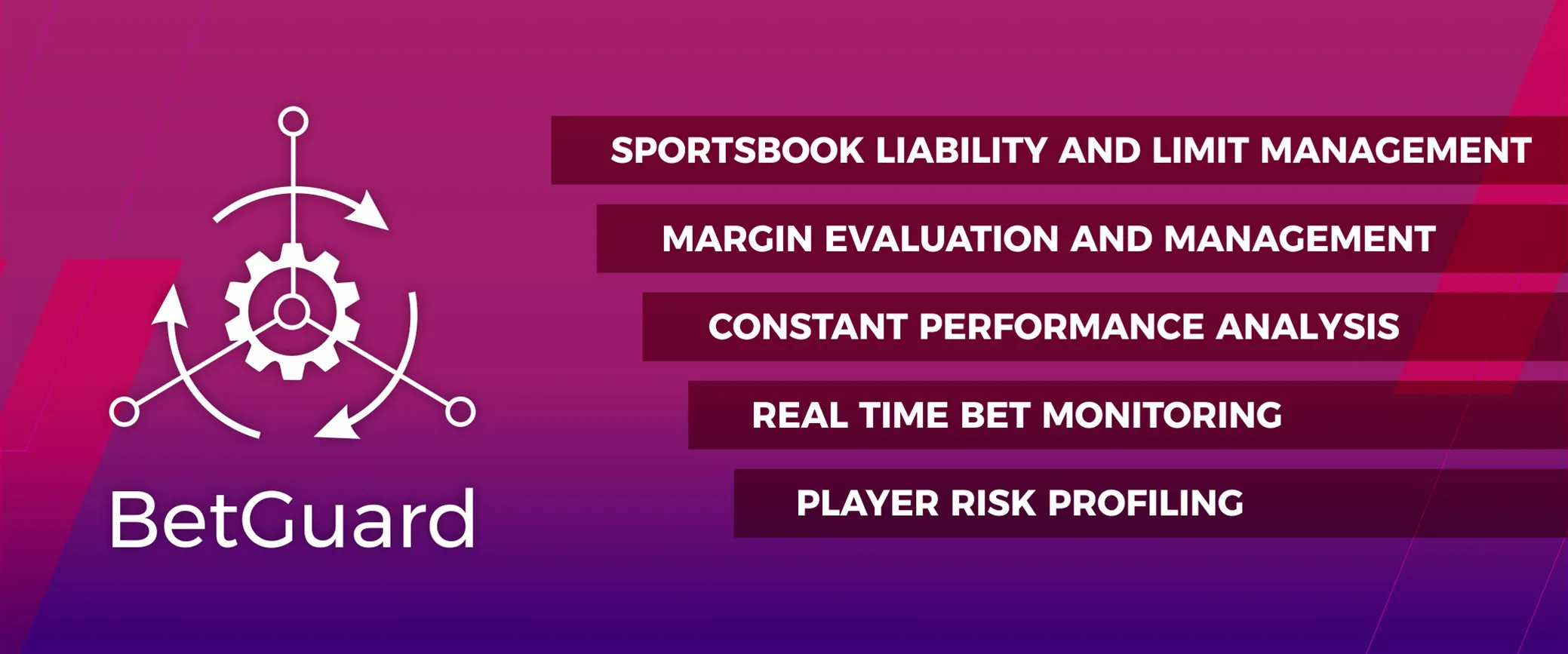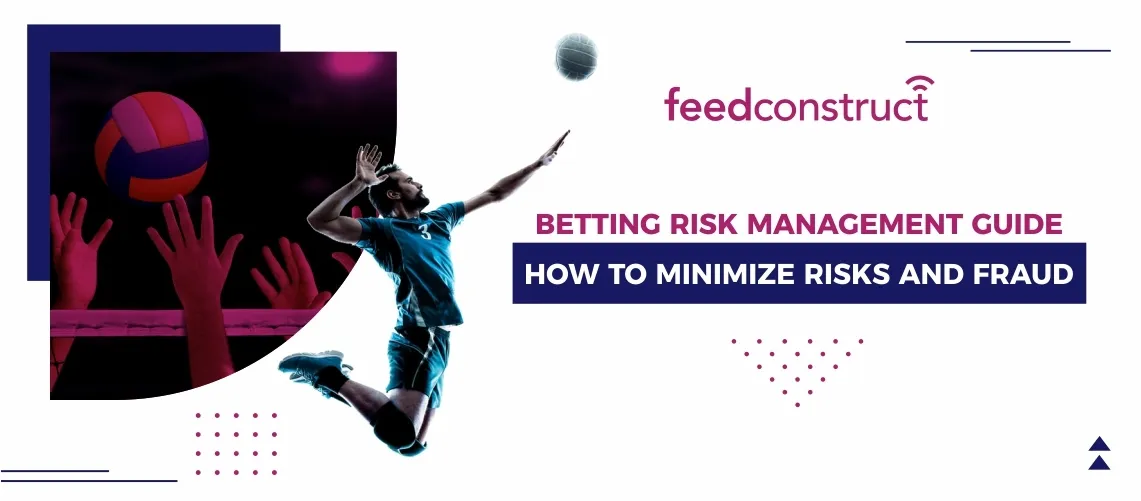While the online betting industry has risen and continues to grow at a major speed with more and more countries opening up to its opportunities, betting operators still face a huge risk.
Betting fraud is a serious concern to any operator, large or small. This damages the credibility of the refereeing system costs a lot of money and wastes time and resources that could be used more productively.
And it's very important for any sports betting business to manage its risk to protect itself from all possible fraudulent operations. Bettors who are using unfair tactics and methods to profit from sportsbooks betting lines without paying their losses or racking up maximum credit ratings are endangering the survival of the operators as well as their financial stability.
That is why in this article, we are going to explore the different types of bettor fraud that should be accounted for, and discuss how betting risk management solutions can help betting operators mitigate the fraud and minimize financial losses.
What is Online Gambling Fraud?
Online gambling fraud can take many forms. A player might attempt to steal money from an operator by using fake bank accounts or credit cards, or by attempting to use multiple accounts at once to instantly win big payouts on games that have low house edges.
Players may also try to exploit technical glitches in games and software that are used by operators. This can happen when an operator’s website becomes overloaded with traffic during peak hours or when an update pushes out an update that breaks crucial features on their platform.
Finally, some players may even try to compromise security systems inside of the operator's database to access information about other customers.
The Types of Fraudulent Bettors
There are many types of fraudulent bettors. Here are some of the most common:
Multiple Account Bettors
Any bettor who places a bet from multiple accounts is fraudulent. This is because they are using one account to place the initial wager and then placing another wager on another account to win the first bet. They might also be using two separate accounts to place multiple bets on the same outcome.
Late Bettors
Late bettors are people who don’t think about betting until just before an event starts or after it has already finished. They then place their bets, often at inflated prices due to demand from other late bettors. As a result, these types of bets are often very risky and can lead to big losses if things go wrong during the event itself (such as injuries or red cards).
Arbitrage Betting
Arbitrage betting is a form of gambling where the bettor tries to take advantage of any price discrepancies between bookmakers. The process involves placing bets on multiple bookmakers and then withdrawing money when the odds are in his favor.
How Does Fraud Affect an Online Betting Site?
The impact of fraud on an online betting site is immense.
Loss of Revenue
Fraud costs operators money, whether it's chargebacks, bonuses, or time spent chasing bad players. The good news is that with the right tools and support, you can reduce your losses and improve revenue generation at the same time.
Waste of Resources
The most obvious effect of fraud is that it wastes resources. When someone tries to cheat the system, there is a lot of effort and money spent on catching them. This could be done by hiring more employees or using advanced technology such as surveillance cameras or facial recognition software. These additional steps are necessary because of the increase in fraudulent activity.
Compliance Issues
Online gambling sites run the risk of being fined or sued by regulators if they fail to spot fraud or self-excluded players.
How Can Betting Operators Protect Their Business Using Risk Management Solution?
Betting operators are in the business of making money, but they don’t necessarily want to be involved in a game of chance. To ensure maximum profit, they need to manage risk and protect their business from any possible threat.
There are many ways through which betting operators can protect their business from any unforeseen circumstances. The most common methods used by betting operators include:
Develop an In-house Risk Management Solution
The first method is by developing an in-house risk management solution that will help you manage all the risks associated with your business. The process involves identifying the various risks and then coming up with solutions for each one of them. This can be done by hiring professionals who have experience in this field.
But before starting implementing any ideas, it is vital to make sure that they have been tested and proven effective since there is always a chance that some ideas may not work out as expected. This option is expensive and requires a lot of resources and time.
Outsource the Risk Management
If you are not able to develop an in-house risk management solution, you can outsource it to professionals who have experience in this field and know how to create such solutions. Most betting operators prefer outsourcing because they don’t want to spend time developing the system themselves when they could be doing other important things for their business instead.
Sports betting is a very lucrative business, but it comes with its own set of risks. There are several ways that sports betting operators can protect their business and ensure that they continue to be profitable.
Sports Betting Risk Management with BetGuard
BetGuard provides a risk management solution for sports betting operators that helps them address various aspects of risk management. Some of the features include:

Here’s how it works:
1) Prevention – Detect suspicious betting activity before it happens
2) Detection – Identify players who may be involved in fraud or money laundering activities
3) Investigation – Conduct full investigations into suspicious accounts and transactions
Want to protect your betting business from fraudulent behavior? Contact us today!
Written by Sofi Grigoryan
Sofi Grigoryan is a content writer at Feedconstruct - the top company specialized in delivering sports data. Having a deep understanding of the sports data landscape, Sofi uses her skills to create both compelling and informative content.










